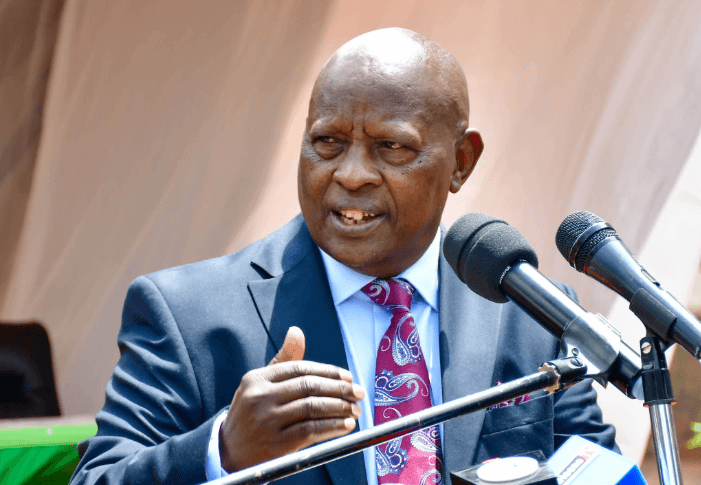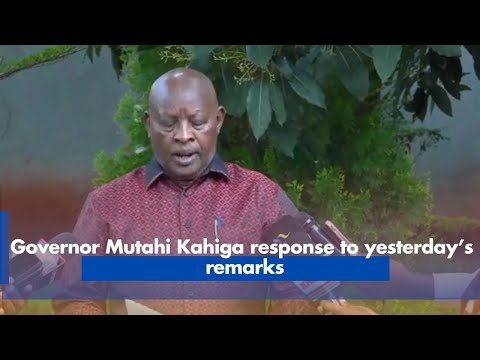One of the benefits for ordinary people in the age of the internet – and specifically in the age of social media – is that whatever is said during election campaigns will forever be remembered thereafter.
And so you find that with a much greater virulence than anything we see in parliament, the new administration is faced with demands on social media that it should keep the promises made during the heat of election campaigns. And not just some promises but all promises.
For example, it would seem obvious that any incoming government, especially one that comes in after a free-spending predecessor, would not be able to simultaneously reduce the costs of basic food commodities; reduce the price of fuel products; and also reduce the cost of electricity.
But if we are to go with what we read and hear in the news media, that is precisely what many Kenyans are demanding – that all these should be done, and at once.
And so we see elected leaders within government as well as affiliated party apparatchiks running around in circles trying to appease public anger and persuade the Kenyan people to allow them time to deliver on these promises.
In my opinion, they actually have little to worry about. Kenyans in time always reconcile themselves to the fact that many of the promises made by our presidents and other top leaders, actually cannot be fulfilled. Certainly not in any direct or immediate way.
At least that is what has historically proved to be true. And so far there is no reason to assume that the current post-election cycle will be any different.
Our founding president Jomo Kenyatta vowed to bring an end to “poverty, ignorance and disease” as I have often reminded readers. Do you think he even came close to achieving this? Not in the least. And yet when he died while still in office back in 1978, the country was inconsolable as a profound feeling of grief swept across the land.
Likewise, his successor, Daniel Moi. He preached “love, peace and unity.” And may arguably have tried his best to deliver at least on peace and unity – that is until he felt threatened by the return to multiparty politics in 1991.
At that point, the infamous “tribal clashes” were unleashed which tore the country apart in a manner never seen before, as Moi proved himself willing to see the country burn, rather than give up power at that point.
None of this prevented him from assuming the role of a beloved elder statesman in his retirement.
President Mwai Kibaki, coming into office after the Moi-era kleptocracy had bled the country dry and lost us the goodwill of virtually all the donor nations and global financial institutions, loudly proclaimed that under his government, “corruption would cease to be a way of life”.
If only we had been so lucky.
The Moi-era corruption cartels came roaring back into business during Kibaki’s tenure, even if not in any way that implicated the president himself. And yet what I seem to read most about Kibaki by now, is that he is remembered as the first Kenyan president to get serious about bringing prosperity to the ordinary Kenyan. And creating the public infrastructure needed to move the country forward.
About President Uhuru Kenyatta and his most famous promise of “one laptop per child” the less said the better.
My greater point is this:
Even allowing for the fact that Kenyan democracy is still very much in its infancy, and 60 years of supposedly democratic rule is not long enough to establish very firm precedents, the pattern, such as it is, suggests that Kenyans will eventually forget the extravagant promises made by the current political establishment during the campaigns.
So why do so many in government seem worried that they are not fulfilling these promises – given that these are promises that, inherently, could not possibly be fulfilled this soon?
I suspect it has to do with the campaign of delegitimisation being waged by opposition leaders Raila Odinga, Martha Karua and Kalonzo Musyoka.
The opposition leaders have placed at the centre of their campaign the fact that the government is conspicuously failing to deliver on its promises.










